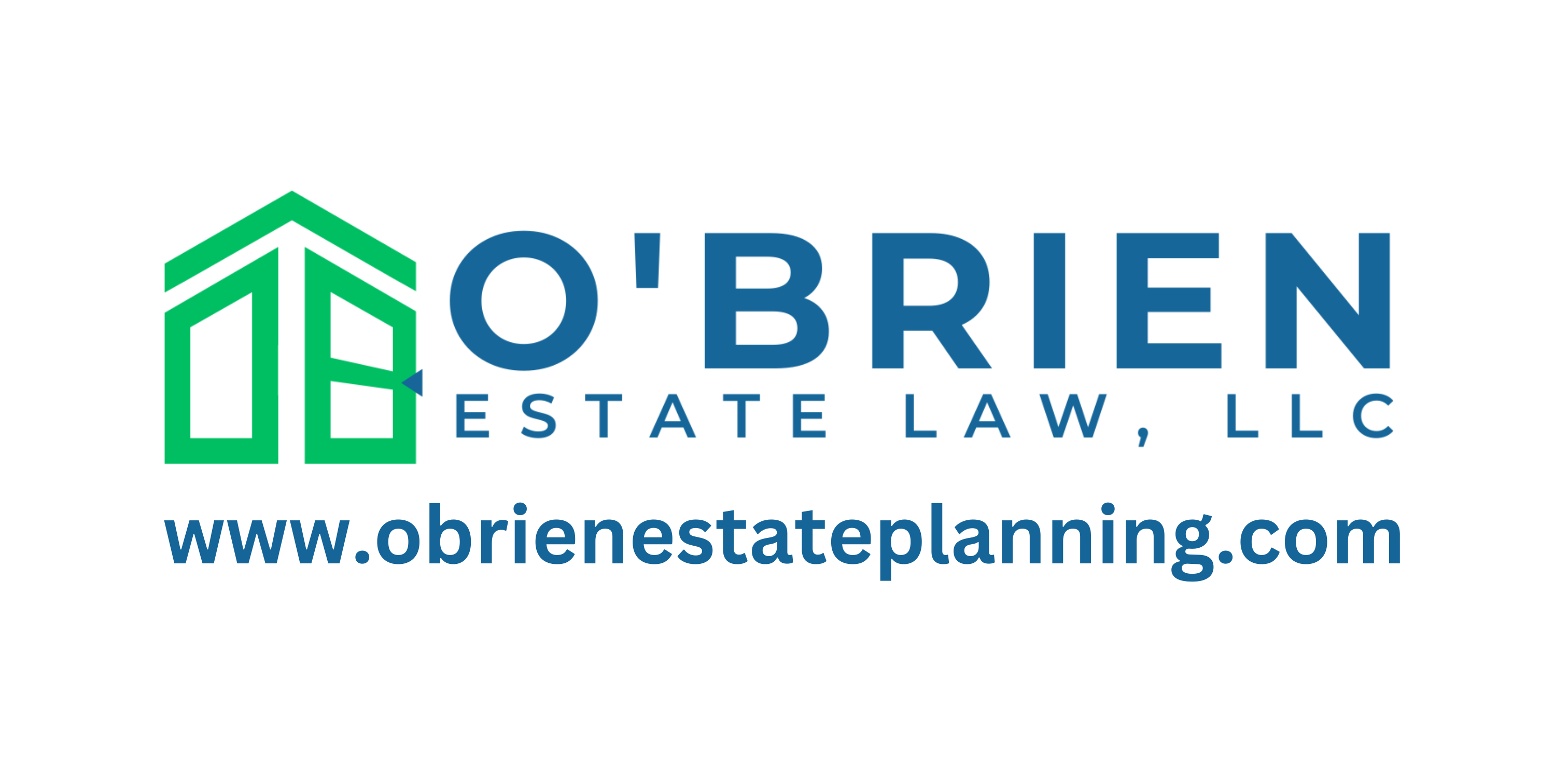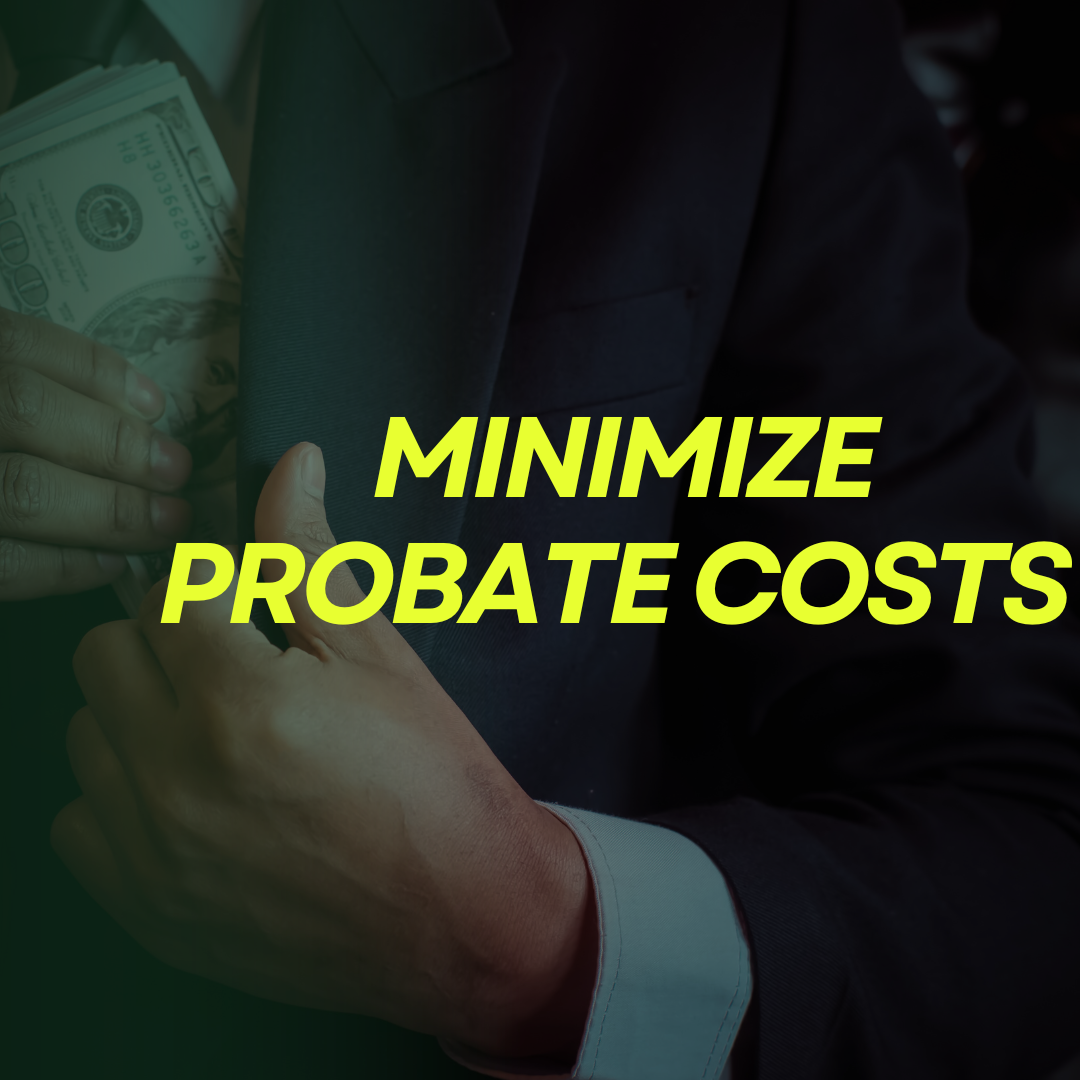Probate is the legal process that occurs after someone passes away, involving the validation of their will, inventorying assets, paying debts and taxes, and distributing the remaining assets to heirs. While necessary in some cases, probate can be time-consuming, stressful, and costly. Fortunately, with careful estate planning, you can significantly reduce or even eliminate probate costs. Here’s how.
Understanding Probate Costs
Probate costs can vary widely depending on the size and complexity of the estate, the state where the probate is being handled, and whether there are any disputes among heirs. Typical costs associated with probate include:
Court Fees: These can include filing fees, fees for appointing a personal representative, and fees for filing various documents during the probate process.
Attorney Fees: Probate attorneys often charge either an hourly rate or a percentage of the estate’s value. This can add up quickly, especially for larger estates.
Appraisal Fees: If the estate includes property or other valuable assets, professional appraisals may be necessary to determine their value.
Personal Representative Fees: The person responsible for managing the probate process is entitled to compensation, which is usually taken from the estate.
Other Administrative Costs: These can include costs for things like postage, publication of notices, and other miscellaneous expenses.
Strategies to Minimize Probate Costs
By taking proactive steps in your estate planning, you can significantly reduce the need for probate, thereby minimizing associated costs. Here are some effective strategies:
1. Establish a Living Trust
When the grantor passes away, the assets in the trust are not part of their personal estate, so they don’t go through the probate process. Instead, a successor trustee distributes the assets directly to the beneficiaries according to the trust’s instructions. This process is quicker, more private, and often less costly than probate. By setting up and properly funding a trust, you can ensure that your estate is handled efficiently and according to your wishes without court involvement.
2. Use Beneficiary Designations
Beneficiary designations allow certain assets, like life insurance policies and retirement accounts, to bypass probate by transferring directly to the named individual upon your death. This process avoids the court-supervised probate, saving time, reducing costs, and maintaining privacy. Assets with designated beneficiaries are not included in the probate estate, ensuring they pass quickly and directly to the intended recipient. Keeping beneficiary designations updated and aligned with your overall estate plan is crucial to avoid unintended consequences. By using beneficiary designations effectively, you can streamline the transfer of assets and ease the burden on your loved ones.
3. Joint Ownership of Property
Joint ownership of property can avoid probate through the “right of survivorship,” where the deceased’s share automatically transfers to the surviving owner(s) without the need for probate court involvement. This process is typically quick and bypasses the legal complexities and costs associated with probate. However, joint ownership comes with potential risks, such as exposure to the surviving owner’s creditors and tax implications. It’s important to coordinate joint ownership with your overall estate plan to avoid unintended consequences. However, joint ownership must be handled carefully, as it can have other implications, such as exposure to the joint owner’s creditors.
4. Gifting Assets During Your Lifetime
Gifting assets during your lifetime helps avoid probate by removing those assets from your estate, meaning they won’t be subject to the probate process after your death. When you gift, the recipient immediately becomes the owner, so the assets bypass probate entirely. This not only reduces the size of your estate, potentially lowering probate costs, but also ensures that your beneficiaries receive their inheritance without delay. Additionally, gifting can prevent disputes among heirs by making your intentions clear while you are still alive. However, it’s important to consider the gift tax implications and ensure that gifting aligns with your overall estate plan.
The Importance of Professional Guidance
While these strategies can be highly effective, it’s important to approach estate planning with the guidance of a qualified estate planning attorney. Every individual’s situation is unique, and the laws governing probate and estate planning can vary significantly by state. An attorney can help you develop a personalized plan that minimizes probate costs while ensuring your assets are distributed according to your wishes.
Conclusion
Minimizing probate costs is not only possible but also a wise move to ensure that your loved ones receive the maximum benefit from your estate. By incorporating strategies like living trusts, beneficiary designations, joint ownership, and gifting into your estate plan, you can reduce or even eliminate the need for probate, saving time, money, and stress for your heirs.
Remember, this information serves as educational and informational content only and is not a substitute for legal advice. Before making any changes to your estate plan, consult with a lawyer you trust to ensure your decisions align with your individual needs and circumstances. Click the link below to set up a meeting with O’Brien Estate Law, LLC, where we can discuss your specific situation and guide you towards a comprehensive estate plan.

